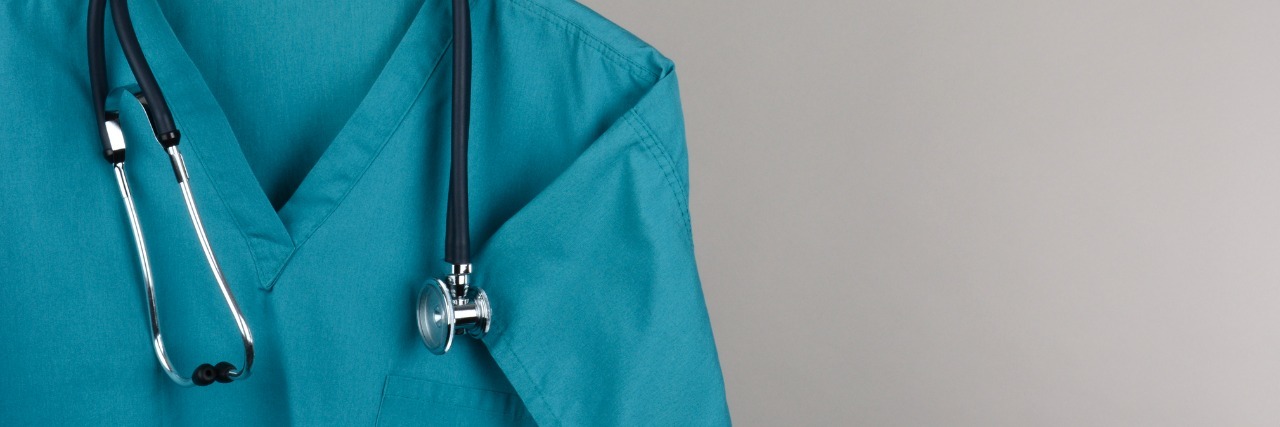Hi. Let me introduce myself. I’m Maria. I’m 21 years old, I study biomedical sciences and dream of becoming a doctor. I’m quick-witted, passionate, and absolutely adore puns. I stand up for myself and the people I love and try my best to do something good for the world.
I’m also kind of sick.
For the four months before my diagnosis, I struggled with my symptoms as family members and health professionals dismissed it as stress, anxiety, burnout.
“It’s all in your head, you just need a break.”
They weren’t wrong. It was all my head. Except the neck pain, dizziness, vision issues, numbness, and problems swallowing weren’t caused by stress, but rather by my brain disorder.
“A Chiari malformation” my neurologist pointed out on my MRI scan. Bad enough to cause symptoms, not bad enough for surgery.
So I live with it. There’s no treatment available so there’s not much I can do about it. It’s easier now with a diagnosis — at least I know it’s not something more severe.
But the four-month ordeal took a toll on me in ways I didn’t expect. Watching your body screw up and not knowing why is one of the scariest things in the world. Having physicians send you home without treatment or direction is one of the most frustrating feelings in the world. Having to constantly advocate for yourself is one of the most exhausting things in the world.
And I only got a taste of those feelings. My disorder may be chronic, but my diagnostic process only took four months. People wait years for answers. People suffer for years without answers.
To be completely honest, this whole ordeal was not a pleasant one. It strained my health, my family, my friendships, and my abilities. I quit jobs and dropped classes and lost people I cared about along the way. But it led to one very good thing.
Perspective.
Because throughout my illness, there was one thing I refused to let go and that was my dream to become a physician. I worked hard in my classes. I submitted medical school applications. I went to my interviews. And on May 9, 2017, I got in.
I’m currently getting ready to move cities to pursue my medical education. I’ve picked out a stethoscope. I’ve learned as much as I can. But the biggest thing I learned didn’t come from my experiences as a student. It came from experience as a patient.
Medicine is about people. We treat people. And if you’re going to treat people, you’re going to have to connect with them. My experience as a patient has taught me exactly what kind of behaviors to embrace or avoid as a future physician. It has given me a perspective no book ever can.
We don’t just treat bodies. We treat people. And people get scared. People get angry. People get upset.
People need to feel understood and not judged. A physician is a person to which we as patients bring very private and intimate information. If a patient is going to feel comfortable enough to say “my body feels broken,” a physician needs to be trusted. Immensely.
Knowing how to listen is an incredibly important skill. That is the biggest thing I want to carry into my future practice.
I think we’ve all faced doctors who have acted dismissive, distracted, or judgmental.
“I’m sorry but I have other patients to see.”
“I think you might be exaggerating your symptoms.”
“We don’t need to do that test, I’m almost certain it’s psychological.”
So many people with a rare disorder have heard at least one of these quotes from their physicians. I know I have.
I know I want to do better than that. I know I want to learn from my experience with illness and the experiences of others.
So one day, I know I want to face a patient fighting to be heard and say:
“I’m here to help you.”
“I believe you.”
“I’m listening.”
We want to hear your story. Become a Mighty contributor here.
Thinkstock photo by Scukrov

